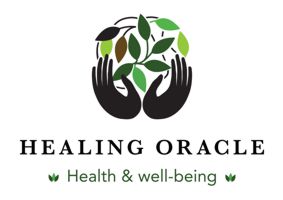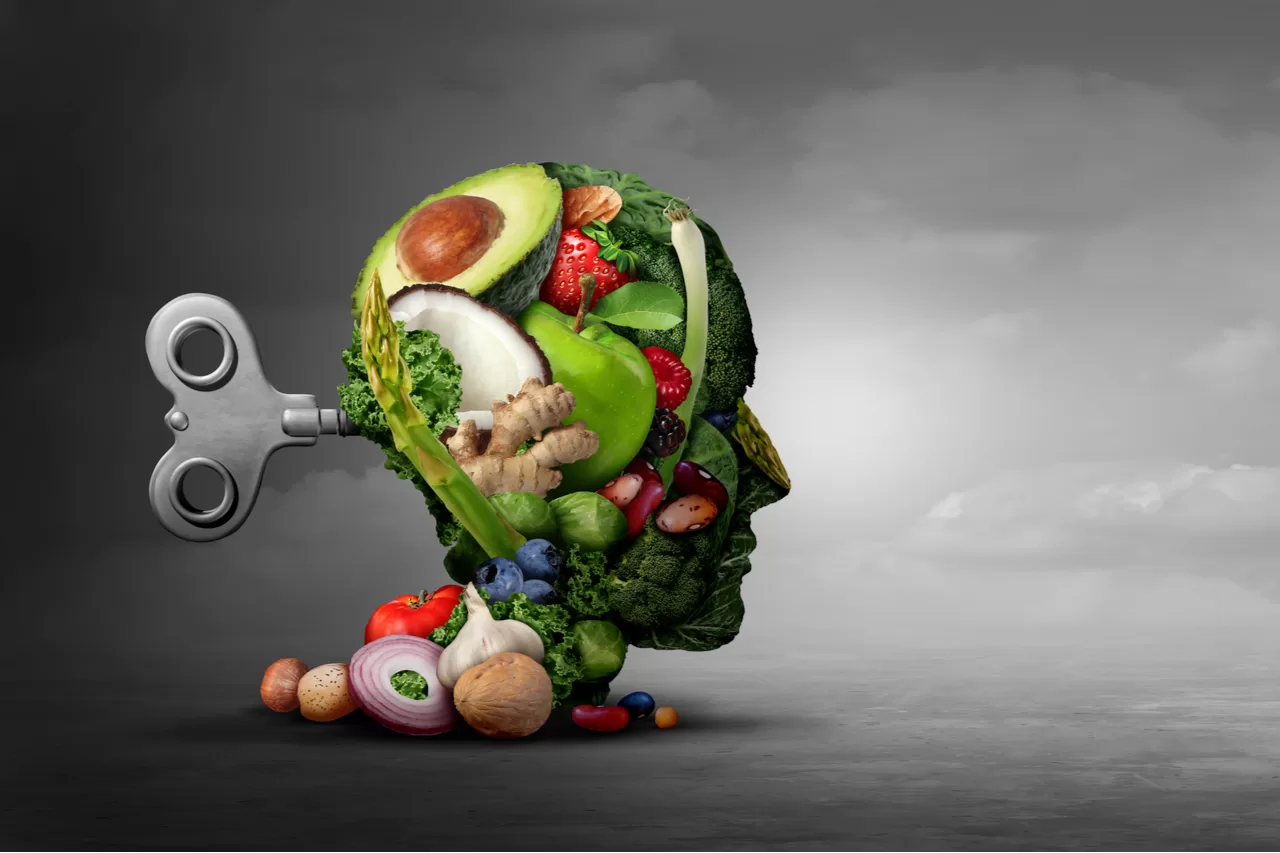Modern research has concluded that a nutritious diet is not just what the body needs, but it is something that our brain also longs for. This recent finding is conceptualising what is called “nutritional psychiatry.”
Traditionally, humans have never been known to question food and nutrition when it comes to mental health, but lately, we have learned that diet is the most powerful intervention. If you can shape your diet, you have immense potential to improve your mental health and decrease the risk of psychiatric disorders. [1]
If you go by the stats from CDC, by 2020, depression will rank as the second leading cause of disability after heart disease. This comes after nearly 1 out of 4 Americans face some mental illness. This challenge is not restricted to adults. Almost half of the long-term mental disorders start when kids reach the age of 14, and this childhood mental illness affects more than 17 million kids.
Where is it all coming from?
Nutritional Psychiatry: A Growing Idea
Merely some years ago, the idea of nutritional psychiatry got registered in the realms of health care. A few studies [2] examined how certain supplements like omega-3 fatty acids might balance mood.
The experts also believe that data from research [3] proves a link between diet quality and mental disorders, visually depression, and anxiety in all age groups. Evidence suggests that diet is as important for mental health as it is to physical health. After all, a healthy diet is protective for your body and mind, while an unhealthy diet poses a risk of depression & anxiety.
Ways in which Diet Impacts human Mental Health
Here are some details looking into how good nutrition impacts brain health
It is crucial for brain development
You are what you eat [4]. When we eat natural food that nourishes us, it becomes the enzymes, protein-building blocks, neurotransmitters and brain tissue that transfers information and signals between various parts of the brain and body.
It facilitates the brain and boosts growth.
Some nutrients and dietary patterns are known to link to changes in brain protein. This helps increase networks and connections between brain cells. A diet rich in nutrients like omega-3 & zinc boosts levels of this substance. [5]
Nutritional food brings in healthy bacteria for the gut.
If your gut is happy, your brain is bound to stay harmonious. Trillions of good bacteria have existence within your gut. They feed on bad germs, keeping your immune system healthy. This means a healthy gut helps taming inflammation in the body and generate brain-powering B vitamins. Foods with beneficial bacteria called probiotics help maintain a healthy gut environment. This directly affects mood and cognition. [6]
So this means that certain foods play a role in mental disorders or may be responsible for worsening the symptoms. It is simple to understand. A nutritious brain diet has similar logic for heart-healthy or weight control plans. If you wish to limit sugary and high-fat processed foods, you must choose plant-based foods like fresh fruits, veggies, and whole grains. Switch from butter to healthy fats like olive oil or traditional seed-based oils.
The science behind food and mood
The connection between diet and emotions comes from a close relationship between the brain and the gastrointestinal tract, often known as the “second brain.”
Billions of bacteria are responsible for producing neurotransmitters, chemical substances that constantly carry messages from the gut to the brain, which exist in your GI tract.
Consumption of healthy food lets the “good” bacteria sustain, positively affecting neurotransmitter production [7]. Junk and packaged food causes inflammation and hampers bacteria production. With neurotransmitter production in good shape, your brain receives positive messages, and your emotions reciprocate it. But when the circumstances are opposite, the show goes awry, and so does your mood.
Healthy food sets you up for fewer mood fluctuations, promoting an overall happier outlook and an improved ability to focus. Studies [8] show that healthy diets can help deal with depression and anxiety symptoms. At the same time, an unhealthy diet is linked to an increased risk of dementia or stroke.
Foods that help you stay healthy and fit
If you have come so far reading and now wonder what should stay on your plate and what needs to be omitted, here is another piece of advice on what to include for a healthy diet:
Whole foods
Anything containing food colourings, preservatives, and other additives can cause or worsen hyperactivity and depression [9]. So, make sure you eat real food or minimally processed food. Fresh fruits and vegetables are the best options to rely on.
Fibre
Plant-based foods are full of nutrients and fibre. This helps the body absorb food sugars more slowly and enables you to avoid sugar rushes & crashes. To count on fibre-rich foods, fruits, vegetables, and nutrient-filled carbs like whole grains and beans are the best deals.
Antioxidants
These inflammation fighters are packed with berries, leafy green vegetables, turmeric, and foods with Omega-3 fatty acids, including salmon and black chia seeds.
Vitamin D
Vitamin D aids the production of serotonin, and humans get it from sunlight. Mushrooms are a good source available all through the year.
Apart from the above-stated foods, you must include those food ingredients in your diet, high in vitamins, iron, Omega-3s, zinc, magnesium, and other essential elements.
Conclusion:
Incorporating good-food-for-mood habits may demand some extra effort initially. But, once your body accepts and starts enjoying it, you’ll notice there is no other better way to keep your health up.
Find here some fantastic recipes and secret ingredients that you can relish for your taste and your immunity and health. These recipes are rich in fibre which is good for your body, aids digestion and, of course, flatter your taste buds without compromising on your health.
Eating habits are one reason behind the mental distress that most youths experience. The way people consume chemicals and fast food is a severe concern for the present generation.
In some of the concepts & principles pertinent to health, Ayurveda, the age-old strategist for life and health, has defined some principles in which food and nutrition have a significant role in how a person lives and what they feel.
Ayurveda shows the path to living a life that is not only balanced but also has different components, playing in harmony to create bliss. For a balance of body, mind and emotions, we need to look back into our roots and understand why and how going natural is the best way to live harmoniously!
References and Sources:
- https://pubmed.ncbi.nlm.nih.gov/18801397/
- https://www.ncbi.nlm.nih.gov/pmc/articles/PMC6087749/
- https://pubmed.ncbi.nlm.nih.gov/18568016/
- https://pubmed.ncbi.nlm.nih.gov/15067839/
- https://www.ncbi.nlm.nih.gov/pmc/articles/PMC6087749/
- https://www.ncbi.nlm.nih.gov/pmc/articles/PMC5641835/
- https://www.ncbi.nlm.nih.gov/pmc/articles/PMC4303825/
- https://www.ncbi.nlm.nih.gov/pmc/articles/PMC7084175/
Love and Light
The Healing Oracle Team
Please join our growing numbers on MeWe: Healing Oracle
Also join us on Twitter | YouTube
Global Petition
Please sign our global petition against enforced vaccinations The intention of this petition is to present 5 million signatures to each President, Prime Minister, Health Minister and heads of state worldwide.
Vaccines are a global problem and need to be tackled on a global level.
If we stand as one, we have a chance of saving the children of the future.

